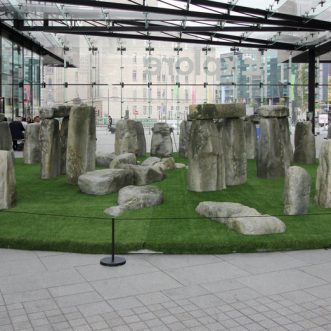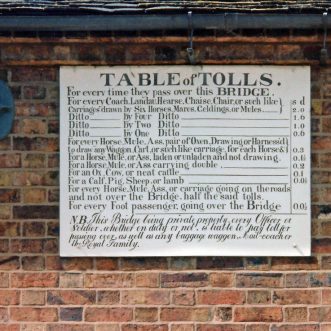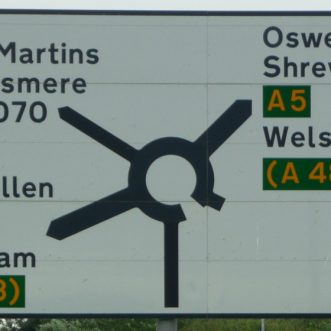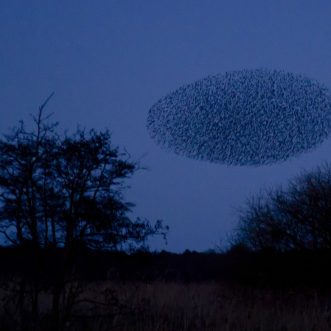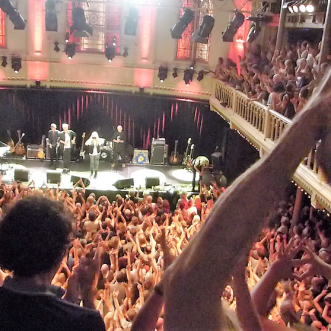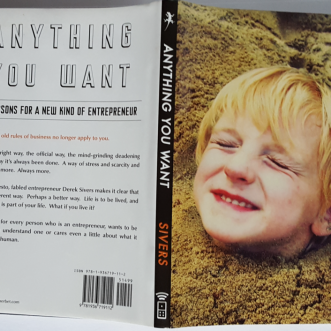
When you make a company, you make a utopia.
“When you make a company, you make a utopia. Its where you design your perfect world.” Derek Sivers.
As Derek Sivers pointed out – building a business is a creative act, and like imagining a building, or hearing a symphony in your head, or visualising a ballet, you can make it behave however you want it to.
You make the rules.
You don’t have to do what everyone else does. You don’t have to do what most people expect. You don’t have to do the same-old, same-old. You don’t even have to get big.
You can build a business that creates value in a way that matters to you an the people you serve. That gives people the physical, mental and spiritual nourishment they need; that husbands resources; that grows everyone it touches; that empowers everyone to lead. That enables everyone to be fully human.
For millennia people have used new and innovative technologies to do this. And sometimes, like New Dawn Traders they re-discover ancient ways of doing it too.
What does your perfect world look like?
You can build it if you dare.

